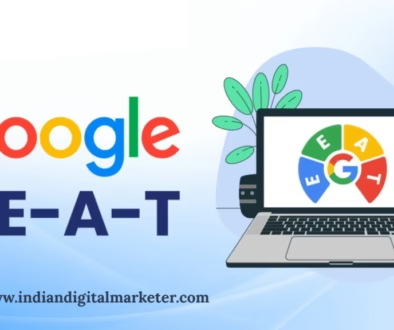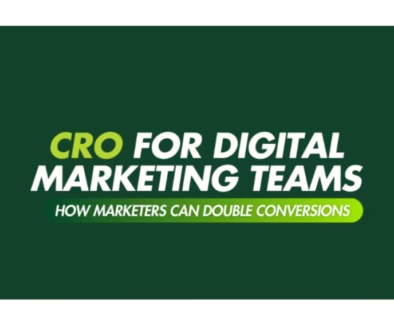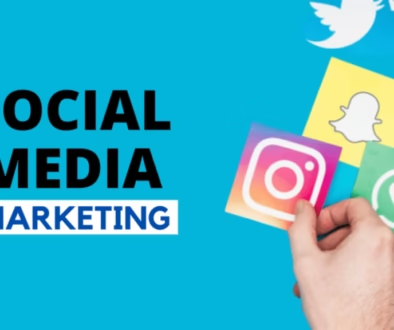Top 10 Digital Marketing Tools Every Marketer Should Use
In today’s competitive world, a well-armed digital marketer isn’t just experienced; they’re equipped with powerful tools that amplify their efforts, streamline their processes, and maximize results. The right digital marketing tools can take you from manual tracking and guessing to automated efficiency and deep insights, giving you an edge over competitors. Here’s a guide to the top 10 digital marketing tools every marketer should be using in 2024 to stay ahead of the curve.
Why Digital Marketing Tools Matter
Imagine managing multiple platforms, tracking metrics, creating content, and analyzing data—all without any tools. Sounds daunting, right? That’s where digital marketing tools come in. They streamline complex tasks, provide real-time insights, and allow you to focus on what matters most: connecting with your audience and driving results. These tools make it easier to track the customer journey, understand their preferences, and adapt your strategies accordingly. In the fast-paced digital world, they are the foundation of every successful marketing strategy.
Top 10 Digital Marketing Tools for Every Marketer

Google Analytics is the essential foundation of any digital marketing toolkit. This powerful tool allows you to track website traffic, monitor user behavior, and understand where your traffic is coming from. The insights you gain from Google Analytics can help you refine your strategy by identifying which pages drive conversions, which demographics engage most with your content, and where improvements can be made.
Tip: Use custom dashboards to quickly access metrics that matter most to you, like user behavior flow and traffic sources.
2. SEMrush
As one of the leading SEO tools, SEMrush is indispensable for keyword research, competitor analysis, and site audits. SEMrush’s keyword insights reveal high-ranking keywords in your niche, and its competitor analysis can offer a peek into strategies that may be working for others in your industry. It’s an all-in-one SEO and content marketing tool for improving visibility and staying ahead of competitors.
Tip: Regularly use SEMrush’s site audit tool to identify and resolve on-page SEO issues that could be impacting your ranking.
3. Ahrefs
If backlinks and SEO are important to your digital marketing strategy, Ahrefs should be on your list. Ahrefs provides detailed insights into backlink profiles, keyword rankings, and competitor content. By analyzing where your competitors earn backlinks, you can identify potential sites for your outreach and collaboration, boosting your authority in search engines.
Tip: The Content Explorer tool can help you uncover trending topics within your industry, so you can create high-demand content that attracts attention.
4. Canva

For those without a background in graphic design, Canva is a lifesaver. It’s a user-friendly graphic design tool that lets you create visually appealing social media graphics, infographics, presentations, and more. With a massive library of templates and elements, it’s easy to maintain brand consistency without sacrificing quality.
Tip: Use Canva’s Brand Kit feature to save your brand colors, logos, and fonts, so you can create cohesive content across all platforms.
5. Buffer
Social media scheduling and management become a breeze with Buffer. Buffer allows you to schedule, publish, and analyze all your posts in one place. It’s great for maintaining a consistent posting schedule, especially across multiple platforms. Plus, its built-in analytics help you track engagement, making it easy to understand what content resonates most with your audience.
Tip: Buffer’s “Best Time to Post” feature can help you reach your audience when they’re most active.
6. HubSpot
HubSpot is a complete CRM and marketing automation tool that helps you manage customer relationships, run email marketing campaigns, and nurture leads through every stage of the sales funnel. Its user-friendly interface makes it easy to automate marketing workflows, allowing you to focus more on strategic tasks and less on repetitive ones.
Tip: Use HubSpot’s CRM to keep track of customer interactions, so you can personalize outreach and create more meaningful connections.
7. Mailchimp
Mailchimp remains one of the most popular email marketing platforms, especially for small to medium-sized businesses. With features like customizable templates, audience segmentation, and A/B testing, Mailchimp makes it simple to create and send targeted campaigns. You can use Mailchimp to build an engaged email list and drive more conversions through tailored messaging.
Tip: Use Mailchimp’s automation feature to send welcome emails, abandoned cart reminders, and other triggered emails that boost engagement.
8. Hootsuite
When managing multiple social media accounts, Hootsuite is a valuable tool. It allows you to schedule posts, engage with followers, and measure social media performance—all in one place. Hootsuite also provides social listening tools, so you can monitor brand mentions and stay updated on industry trends.
Tip: Hootsuite’s social listening capabilities can help you track competitors and find opportunities for engagement with new audiences.
9. Google Ads

For brands aiming to increase visibility quickly, Google Ads is essential. This pay-per-click (PPC) platform lets you create and manage ads across Google’s extensive network, including search results and YouTube. With a range of targeting options, Google Ads allows you to reach potential customers when they’re actively searching for products or services like yours.
Tip: Use the “Smart Bidding” feature to let Google optimize bids in real time, helping you achieve more conversions within your budget.
10. Moz
Moz is another excellent SEO tool, especially for those new to SEO. Moz’s intuitive platform offers features like keyword research, site audits, and on-page optimization recommendations. With Moz, you can track your website’s rankings and make informed decisions on how to boost your SEO, ensuring your brand remains visible in search results.
Tip: Use the MozBar browser extension for quick, at-a-glance insights on any website’s SEO metrics as you browse.
Conclusion
In the fast-paced world of digital marketing, tools like these help marketers achieve more by providing the insights, automation, and creativity needed to stay competitive. Google Analytics, SEMrush, Ahrefs, Canva, Buffer, HubSpot, Mailchimp, Hootsuite, Google Ads, and Moz each bring unique strengths to the table, making it possible to create, track, and optimize marketing efforts efficiently.
Whether you’re diving into social media, SEO, email marketing, or paid advertising, these tools are essential assets in your digital marketing toolkit. With the right tools and a clear strategy, you’re equipped to make data-driven decisions, enhance customer engagement, and achieve your marketing goals. Embrace these digital marketing tools, and you’ll be well on your way to crafting effective, measurable, and successful campaigns.



